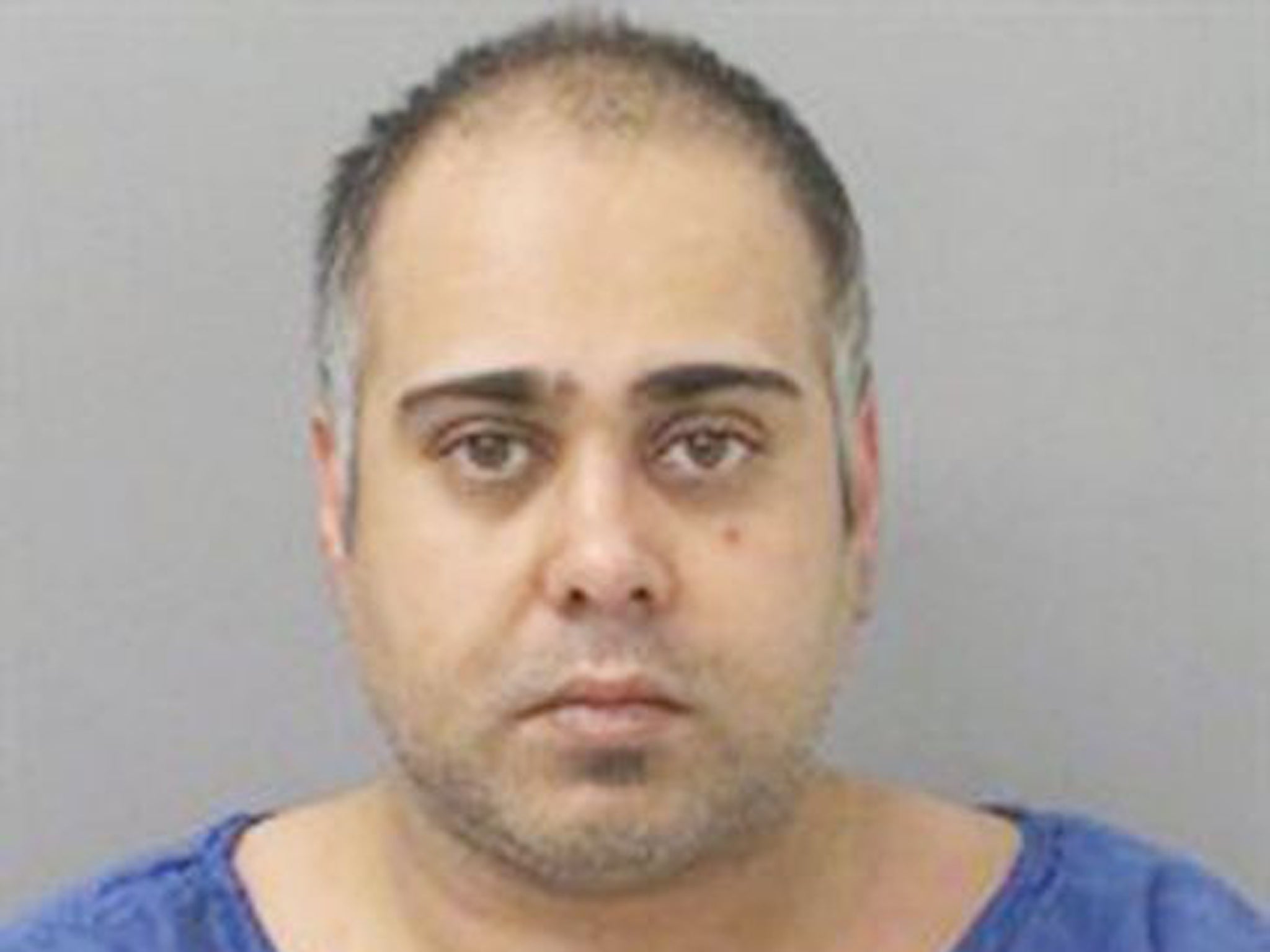Violent serial rapist jailed in landmark 'double jeopardy' case
It is the first time the CPS successfully sought a retrial based on 'new and compelling' evidence since law changes in 2005

A violent rapist who attacked seven women in Derby has been jailed for life in a landmark case in which an earlier acquittal was quashed by the Court of Appeal.
Harbinder Khatkar, 37, attacked six women on 2 February this year, less than six weeks after he was acquitted of an earlier rape. The case marks the first time that the CPS has successfully sought permission from judges for a retrial by arguing that his subsequent attacks amounted to new evidence.
Khatkar, of Moorside Crescent, Sinfin, was yesterday found guilty of 18 offences including rape, sexual assault, assault by beating, and trespass with intent to commit a sexual offence.
A change to "double jeopardy" laws in 2005 - which prevented defendants being tried twice for the same offence - paved the way for retrials if "new and compelling" evidence emerged. After his conviction, the CPS said the earlier crime was strikingly similar to, and had all the hallmarks of, the later offences.
In a statement issued after the case, Steve Chappell, Chief Crown Prosecutor for CPS East Midlands, said: "The way he went about attacking these women was so similar to the allegations he had previously faced, we asked the Court of Appeal to consider whether he should be retried for his original offences, on the basis that his subsequent offending provided new and compelling evidence and it was in the interests of justice for the case to be retried by a jury.
"The Court of Appeal allowed our application and he has now faced justice for all the offences he committed.
"The new evidence which formed the basis for our application to quash the acquittal was unrelated to the original offence, but showed a very similar pattern of behaviour.
"It was a terrifying experience for all Harbinder Khatkar's victims and they have shown great courage in coming to court to give evidence about what happened to them."
Alison Levitt QC, principal legal adviser at the CPS, described the new power as "exceptional" adding that the case was a "really significant development" and showed the importance of circumstantial evidence.
She said: "In 2005 the law was changed to allow what is called bad character evidence, which is evidence that somebody has done something so similar or of the same type of offence on another occasion.
"When something has gone wrong and the evidence is strong enough, as we said it was in this case, it is only right that we should use it."
Asked why the action taken against Khatkar was previously not allowed in the justice system, Ms Levitt added: "The law is constantly evolving, it reacts to circumstances.
"Nobody would suggest that it was necessarily wrong what had happened before but subsequent events show us that perhaps allowing juries to apply their common sense is in fact a very straightforward way of achieving justice."
Subscribe to Independent Premium to bookmark this article
Want to bookmark your favourite articles and stories to read or reference later? Start your Independent Premium subscription today.
